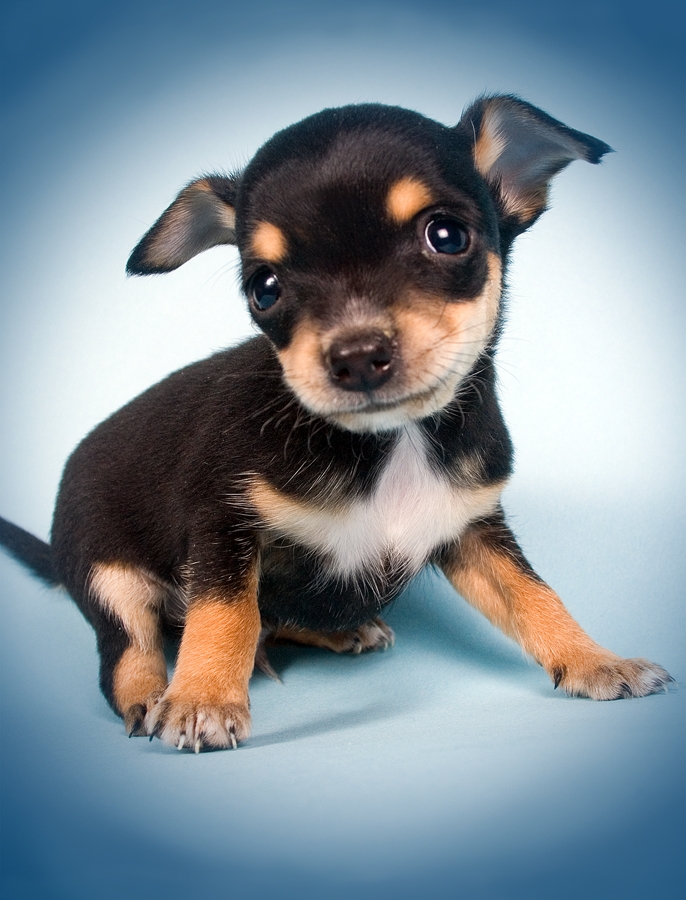So you’ve decided you want to get a dog but aren’t sure where to start?
We’re here to help!
This post will guide you through the selection process and help you ask the right questions to determine the best dog that will meet your needs.


So you’ve decided you want to get a dog but aren’t sure where to start?
We’re here to help!
This post will guide you through the selection process and help you ask the right questions to determine the best dog that will meet your needs.
Choosing the right dog breed is pretty difficult. There are hundreds, maybe thousands of breeds. So, how do you even begin choosing dog breeds?
You probably have a general idea of the breeds that might work. Once you’ve got a good idea of the breeds you’re interested in, talk to several owners of the breeds you’d like to buy. This will help you greatly when choosing the right breed of dog.
Breeds vary enormously in personality, and it’s crucial to consider if a breed’s personality matches you and your family’s needs. Different breeds were developed for different functions, and this can greatly influence their behaviors, so choosing dog breeds is a pretty difficult task.
Thinking about a long-haired dog? There’s a lot of grooming. But, surprisingly, some short haired dog breeds can shed a lot as well!
For the most part, getting a long haired or short haired dog is simply a matter of personal experience. Some people just love the look of luxurious long fur on a dog, and other people see it only as a bother.
Long-haired dogs usually require more grooming time to keep their fur free from mats and looking good. So, if you get a long-haired dog breed, you may end up spending more time at the groomers, or brushing your long-haired dogs fur yourself. Just be aware that short-haired dog breeds don’t necessarily shed less than long-haired dogs.

Many senior dogs end up for adoption each year through no fault of their own. The owner may have died, someone in the family developed allergies, or the family moved.
There are even cases where the family simply decided they couldn’t bear to see their dog get older and pass away. A large breed dog is considered senior at about seven years of age, and a small breed is considered senior at about twelve years of age.
A senior dog rescue can be an especially good choice for someone who wants a dog that is less active and energetic. Many senior dogs have mellowed a lot by the time they reach their senior years, and really want nothing more than a little food, short walks, and love and affection thrown in for good measure. A senior dog adoption can get you unconditional love and a friend for life.

Are you really, truly willing (and able) to assume all of the responsibilities of having a dog?
This quiz for choosing a dog should help you determine if you’re really capable and willing to bring a dog into your life. If you can honestly answer yes to most of these questions, congratulations! You’re ready to consider choosing a breed.
Are you and your family able to commit 12 or more years to living with the dog? Could there be major, life-altering events in your future, such as divorce, moving to a different city, having children, or having to take care of elderly parents? Will you be able to take care of an aging dog that may have health issues?

There’s no denying that puppies are absolutely adorable. They nuzzle into your neck, give warm kisses, gaze at you with soft, trusting eyes, and have sweet puppy breath. For many people, these benefits are well worth all the trouble that a puppy can cause.
When deciding to get a puppy or adult dog, it’s wise to consider that puppies are trouble in a cute little package. Puppies are definitely great at trouble . They chew shoes, soil carpets, ruin furniture, cry all night, bite toes, pull down drapes, chase the cat, bark at nothing, refuse to go outside to pee until 3:00 am, and generally disrupt everyone and everything around them.
Many people want to get a puppy because they can train and socialize it exactly the way they want. This is actually a pretty good reason to get a puppy, as long as you’re willing and able to undertake the huge responsibility of training and socializing, and aware of the uncertainties that come with getting a puppy.

Purebred dog lovers swear by the reliability of their breeds temperament and looks. Getting a purebred from a reputable, caring breeder can be a wonderful choice for you and your family.
Physical characteristics One of the key advantages of purebreds is that their basic physical characteristics, such as size, weight, color, and coat are fairly fixed. For example, Golden Retrievers are known for their long, golden coat and size. If you want a purebred Golden Retriever puppy, you can be quite certain that she won’t be 20 pounds, with a short, spotted coat.
A purebred is a great choice if you want a dog that is a specific size, or has a specific type of coat (for example, a short or non-shedding coat).
Often tested for health or genetic defects Have predictable temperaments Have predictable physical characteristics Choosing a purebred is great if you’re looking for a dog for a specific function, for example, a guard dog, a hunting dog, a dog to herd sheep, pull a sled, or even dig for truffles

Ahhh… the old controversy – which is better? A boy or a girl dog?
Many first-time dog owners want a female dog, because they think they’re less trouble. Others like a male dog because there’s no danger of being stuck with puppies.
An individual dog can always be much different than generalizations suggest. I’ve seen many male dogs that were completely docile sweethearts, and females that were aggressive and wanted to wander. Overall, deciding to get a female or male dog is just preference.
If you plan to spay or neuter your dog, then it probably won’t make a big difference if you get a male or female dog.